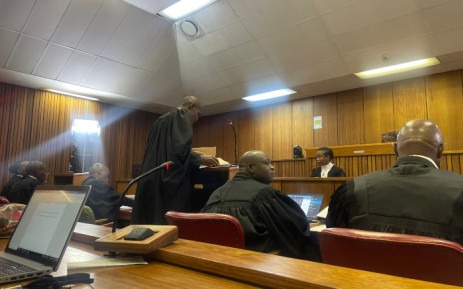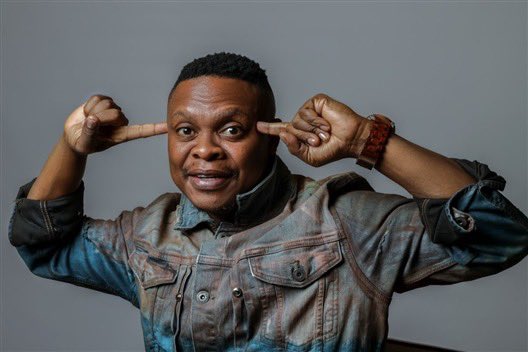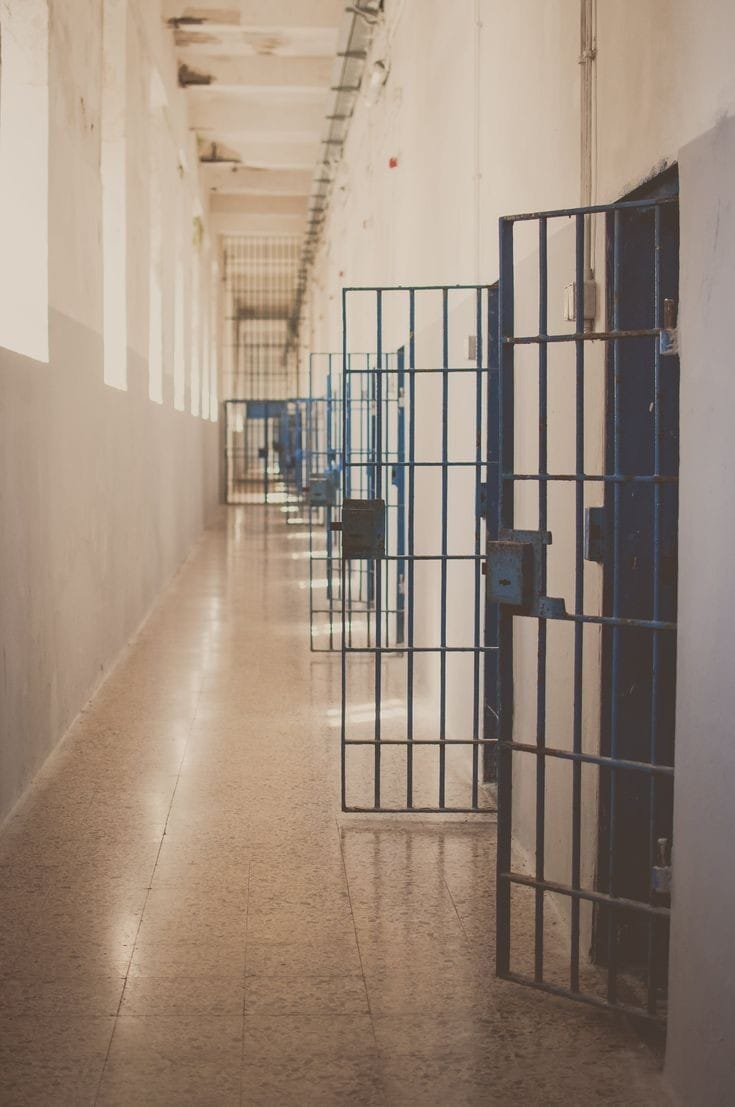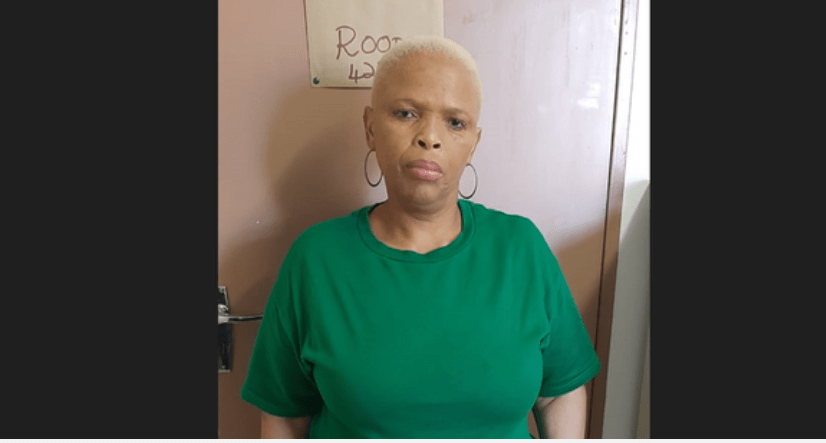The Senzo Meyiwa trial, a case that has garnered significant attention and scrutiny, has hit a temporary roadblock as cellphone evidence is temporarily put on hold due to objections raised by the defense. In this trial, five individuals stand accused of the 2014 murder of Senzo Meyiwa, the esteemed Bafana Bafana captain, at the residence of his girlfriend, Kelly Khumalo. The case highlights the pivotal role of technology in modern legal proceedings, specifically the use of cellphone evidence. This essay delves into the recent developments in the Senzo Meyiwa trial, focusing on the objections by the defense, the significance of Section 205 cellphone evidence, and the implications of delaying its presentation.
The latest twist in the Senzo Meyiwa trial unfolded when the State was poised to introduce a new witness to testify about the confiscation of cellphones belonging to the second and fifth accused individuals. This development marked a crucial phase in the trial, as cellphone evidence often plays a pivotal role in establishing timelines, connections, and key elements of a crime.
However, the trial took an unexpected turn as Fisokuhle Ntuli, one of the defense lawyers, vehemently objected to the presentation of this evidence. Ntuli argued that there was a lack of Section 205 cellphone evidence, a critical element in legal proceedings that allows cellphone data to be admitted in court. This objection raised a pertinent question about whether the State had fulfilled its obligation to disclose such evidence to the defense.
State advocate George Baloyi, representing the prosecution, held a differing viewpoint. Baloyi contended that for the upcoming witness, Section 205 was not required. He explained that the witness, who hails from Vodacom, held a trove of information encompassing a staggering 4,000 pages of data. Baloyi emphasized that this voluminous data needed to be meticulously sifted through and refined before it could be presented effectively in court.
The decision to delay the presentation of cellphone evidence reflects the intricacies and challenges associated with handling digital data in a legal context. In a world where nearly every individual carries a cellphone, these devices have become invaluable sources of evidence in criminal investigations. Cellphone records can provide crucial information such as call logs, text messages, GPS location data, and even timestamps, all of which can be instrumental in establishing the sequence of events leading up to and following a crime.
Furthermore, Section 205 of the South African Criminal Procedure Act is pivotal in ensuring the admissibility of cellphone evidence. It sets out the legal procedures and requirements for the collection and presentation of electronic records, including those from cellphones. This section is essential for upholding the principles of fairness and transparency in legal proceedings, as it allows the defense to scrutinize and challenge the evidence presented by the prosecution.
The delay in presenting cellphone evidence underscores the complexities of modern criminal trials, where the abundance of digital information can overwhelm both legal teams and the court itself. In this case, the State’s decision to withhold such evidence until it can be streamlined and organized serves as a reminder of the importance of thorough preparation and the meticulous handling of data in legal proceedings.
The Senzo Meyiwa trial has once again highlighted the pivotal role of cellphone evidence in contemporary legal proceedings. While objections by the defense have temporarily stalled the introduction of such evidence, it is essential to acknowledge the significance of Section 205 in ensuring that digital data is handled transparently and fairly in court. This case serves as a poignant reminder that the intersection of technology and law presents unique challenges that must be carefully navigated to uphold the principles of justice and due process. As the trial proceeds, the resolution of these issues surrounding cellphone evidence will undoubtedly shape the trajectory of the case and its ultimate outcome.









